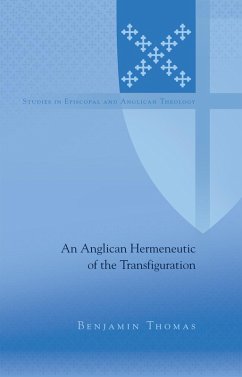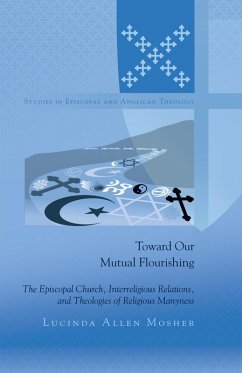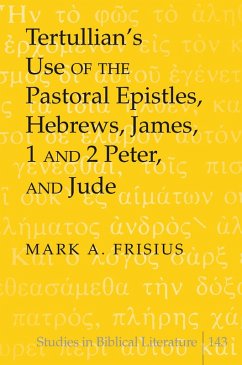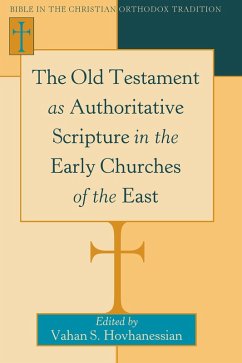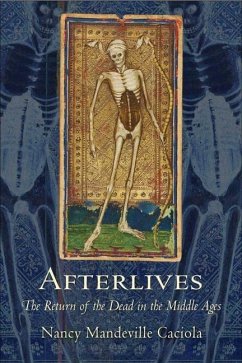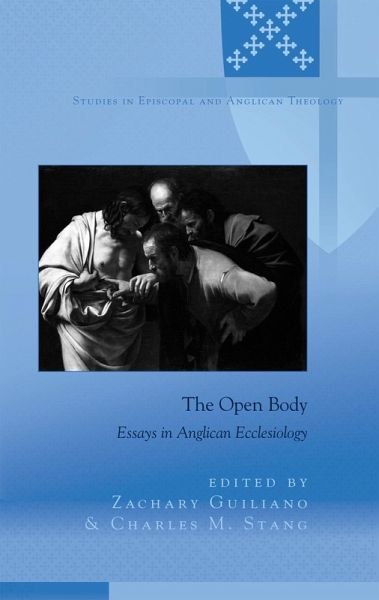
Open Body (eBook, PDF)
Essays in Anglican Ecclesiology
Redaktion: Guiliano, Zachary
Versandkostenfrei!
Sofort per Download lieferbar
Statt: 97,20 €**
72,95 €
inkl. MwSt.
**Preis der gedruckten Ausgabe (Gebundenes Buch)
Alle Infos zum eBook verschenkenWeitere Ausgaben:

PAYBACK Punkte
36 °P sammeln!
The Open Body emerges from a conference held at Harvard Divinity School in April 2011. The essays in this book reflect on ecclesiology in the Anglican tradition, that is, they debate whether and how humans should gather as a «church» in the name of Christ. While the prompt for this collection of essays is the contemporary crisis in the Anglican Communion regarding homosexuality and church governance, this book provides a capacious re-interpretation and re-imagination of the central metaphor of Christian community, namely «the Body of Christ». By suggesting that the Body of Christ is «open...
The Open Body emerges from a conference held at Harvard Divinity School in April 2011. The essays in this book reflect on ecclesiology in the Anglican tradition, that is, they debate whether and how humans should gather as a «church» in the name of Christ. While the prompt for this collection of essays is the contemporary crisis in the Anglican Communion regarding homosexuality and church governance, this book provides a capacious re-interpretation and re-imagination of the central metaphor of Christian community, namely «the Body of Christ». By suggesting that the Body of Christ is «open», the authors are insisting that while the recent controversy within the Anglican Communion should prompt and even influence theological reflection on Christian community, it should not define or determine it. In other words, the controversy is regarded as an «opening» or an opportunity to imagine and to examine the past, present, and future of the Church, both of the Anglican Communion and of the entire Body of Christ. Some of the essays begin their reappraisal by looking backward and offering creative theological retrievals from the early Church; some essays offer fresh perspectives on the recent Anglican past and present; others examine the present ecclesiology from a comparative, interreligious perspective; and still others are keen to anticipate and influence the possible future(s) of the Body of Christ.
Dieser Download kann aus rechtlichen Gründen nur mit Rechnungsadresse in A, B, BG, CY, CZ, D, DK, EW, E, FIN, F, GR, HR, H, IRL, I, LT, L, LR, M, NL, PL, P, R, S, SLO, SK ausgeliefert werden.




